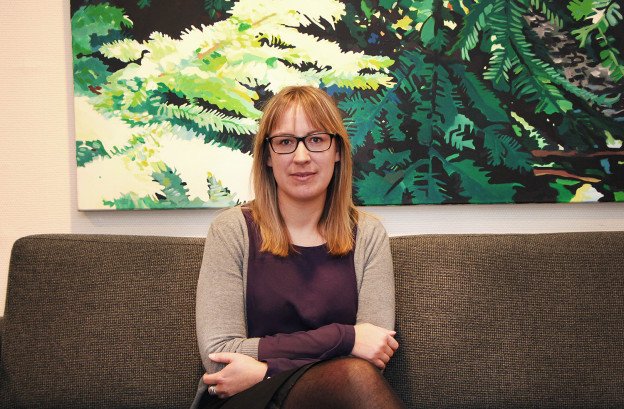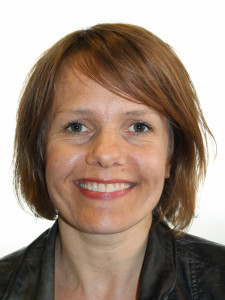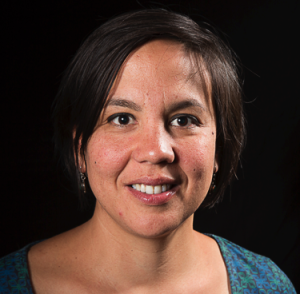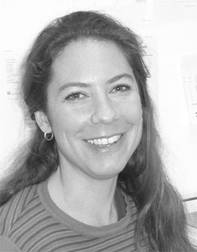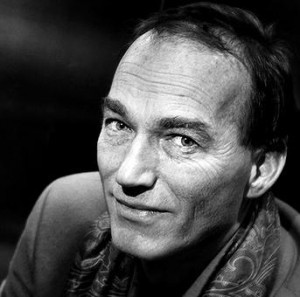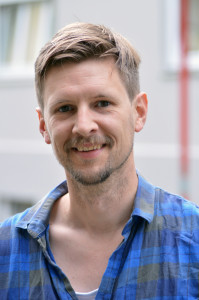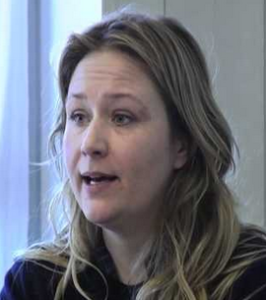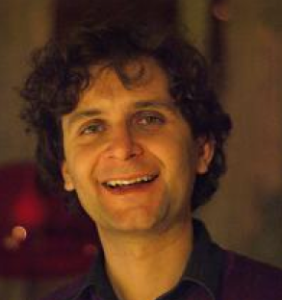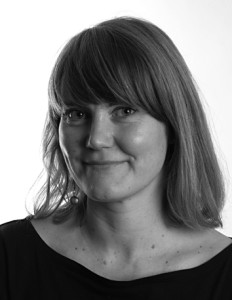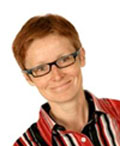Marry-Anne Karlsen, Department of Social Anthropology and part of IMER network, will give a trial lecture for the PhD degree on the assigned topic:
Could the concept of “precarious inclusion” also be used (in Norway and beyond) to rethink other forms of inclusive exclusion, such as the labor of irregularized migrants who, in contrast, may be considered to be rather productive “others”?
The title of her thesis is:
“Precarious Inclusion. Irregular migration, practice of care, and state b/ordering in Norway”
- Time: Thursday, December 10th, 2015 15:15 p.m.
- Place: Auditorium at Ulrike Pihls hus, Prof. Keysers gt. 1
PUBLIC DEFENCE
- Time: Friday, December 11th, 2015, 10.15 a.m.
- Place: Auditorium at Ulrike Pihls hus, Prof. Keysers gt. 1
Opponents for the public defence:
- First opponent: Professor Nicholas de Genova, Kings College London
- Second opponent: Associate Professo Heide Castañeda, University of South Florida
- The third member of the committee is: Professor Andrew Lattas, UiB
- The public defence will be chaired by Professor Leif Ove Larsen
The event is open to the public

